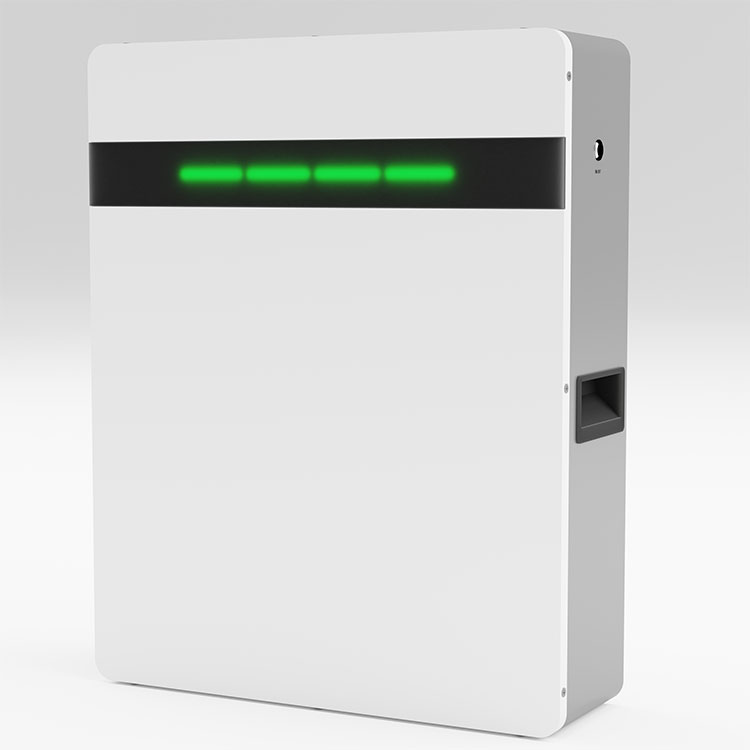Industry needs heavier and more robust batteries. Industrial tools and equipment are used in remote areas where batteries need to be self-powered. Their replacement can also be a daunting task. Industrial batteries should be reliable in terms of power density because charging huge and heavy batteries takes time and effort.
Industrial lithium-ion batteries are mechanically designed to withstand harsh environments. They consist of high energy density and can support all forms of industrial demand. They typically have low annual emission rates, so they can be operated and used for long periods of time.
Increasingly, the use of industrial batteries requires rechargeable lithium-ion batteries. It can operate for up to 20 years or more, has a high and fast recharge cycle, and should be able to handle varying temperature levels.
Lithium-ion batteries are in high demand due to the following.
Fast response
Batteries have a tendency to respond quickly. When a new or rechargeable battery is placed in a device, the battery starts its function immediately. This is one of the main reasons why batteries are most commonly used.
Low maintenance
Low maintenance costs. When the battery runs out of power, you can use a new battery to access the device's functions. There is no hassle in using the battery.
Recyclable
Most of the popular batteries on the market today are recyclable. Therefore, using batteries is also an environmentally friendly option. It saves on the overuse of electricity.
Typically, lithium-ion forklift batteries are used in industry. Industrial lithium batteries work in the following way.
When the battery is charged, lithium ions are released from the lithium cobaltate and the positively charged electrodes. They then move through the electrolyte to the negatively charged graphite electrode and stay there. The lithium battery absorbs and stores energy throughout the process. And during discharge, the lithium ions return to the positively charged electrode. The movement of electrons and ions are interrelated.
There are many advantages to using lithium-ion batteries in the industry, such as
Save space and money
The battery does not require a spare battery and a separate charging chamber. This saves time, money and space completely.
Consistent performance over time
With any other conventional battery, lithium-ion batteries can save more than three times the energy. This produces a consistent voltage so that the battery does not slow down the machine when discharged.
Extended Life Cycle
Lithium-ion batteries can provide up to 5,000 charge and discharge cycles. That's why lithium-ion batteries are the most prevalent in the electric vehicle industry.
Fast and Efficient Charging
Batteries can be charged to 100% capacity extremely quickly. There is no requirement for an absorption phase. You can charge a lithium-ion battery while you have any work to do. When the battery is not needed, you can leave the battery uncharged.
Weather Resistant
The batteries work efficiently even at low temperatures. Climatic conditions do not impair the discharge rate of these batteries

To get a clear picture of how industrial lithium-ion batteries differ from other batteries, let's look at each one.
Consumer Batteries
Consumer batteries are batteries typically used in cell phones, laptops, etc. Alkaline batteries are ideal for such applications. They require relatively low current. Consumer lithium-ion batteries are rechargeable batteries. These batteries are mainly used in laptops and cell phones.
Lead-acid batteries
These batteries are most commonly used in the automotive sector to store solar energy. They offer low cost and provide high current. 25 watt hours per kilogram is their storage capacity.
Nickel-cadmium battery
It is a rechargeable battery consisting of nickel oxide hydroxide and cadmium metal as electrodes.
Sealed Maintenance Free (SMF) Batteries
These are mainly used in UPS systems for computer and commercial applications. Since they are hermetically sealed, they never emit or give off fumes. Therefore, these can be installed next to the equipment. If required, these batteries can also be installed at home. These batteries are easy to maintain and worry free. They have a short life span of about 3 to 5 years. The life of these batteries depends on their charging and discharging cycles.
NiMH Batteries
These are rechargeable batteries, often abbreviated as NiMH. these batteries have two to three times the capacity of NiCd batteries. It can have an energy density close to that of lithium-ion batteries.
Nickel-iron batteries
This is a rechargeable battery with the abbreviated name NiFe battery. This type of battery has nickel oxide on the positive plate and iron on the negative plate. These batteries have a long life. They can withstand overheating, overcharging, overdischarging and short circuits.
All of this defines the applications, uses and advantages of industrial lithium-ion batteries. It is important to understand the product in depth before going any further with the purchase or installation. The information and facts provided here will certainly help.
